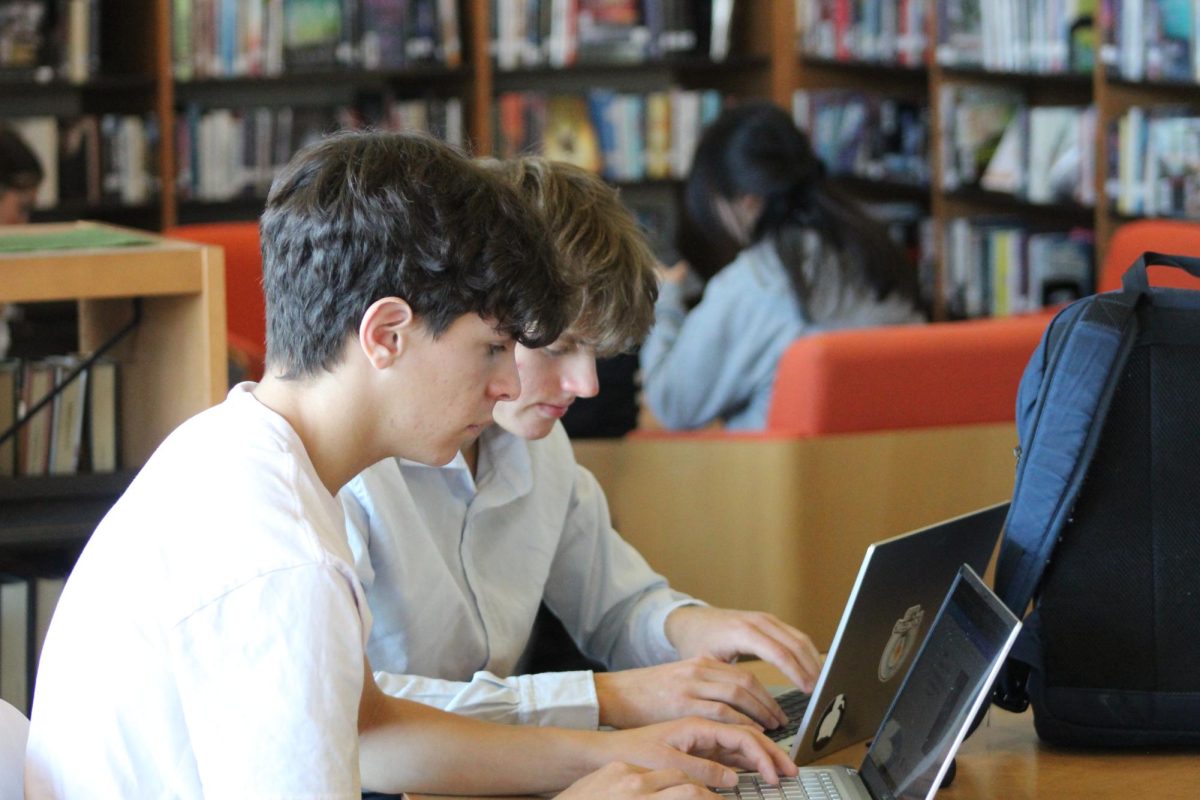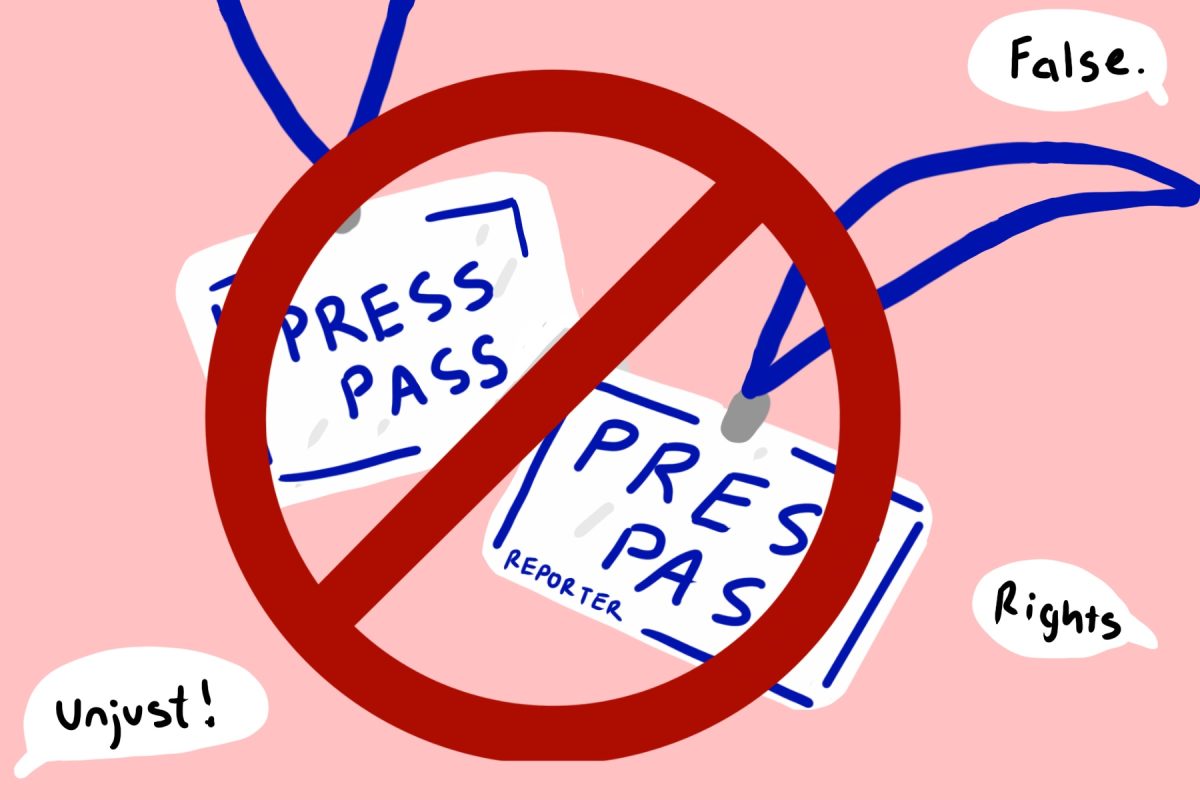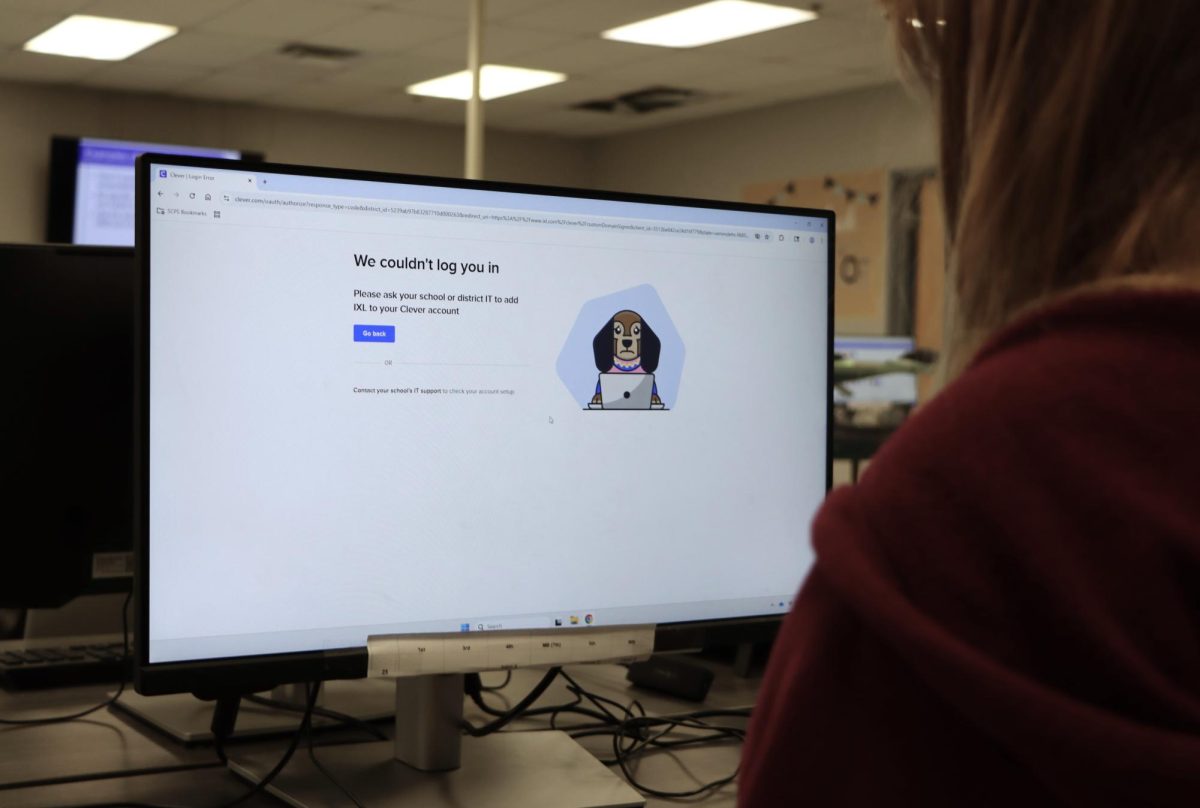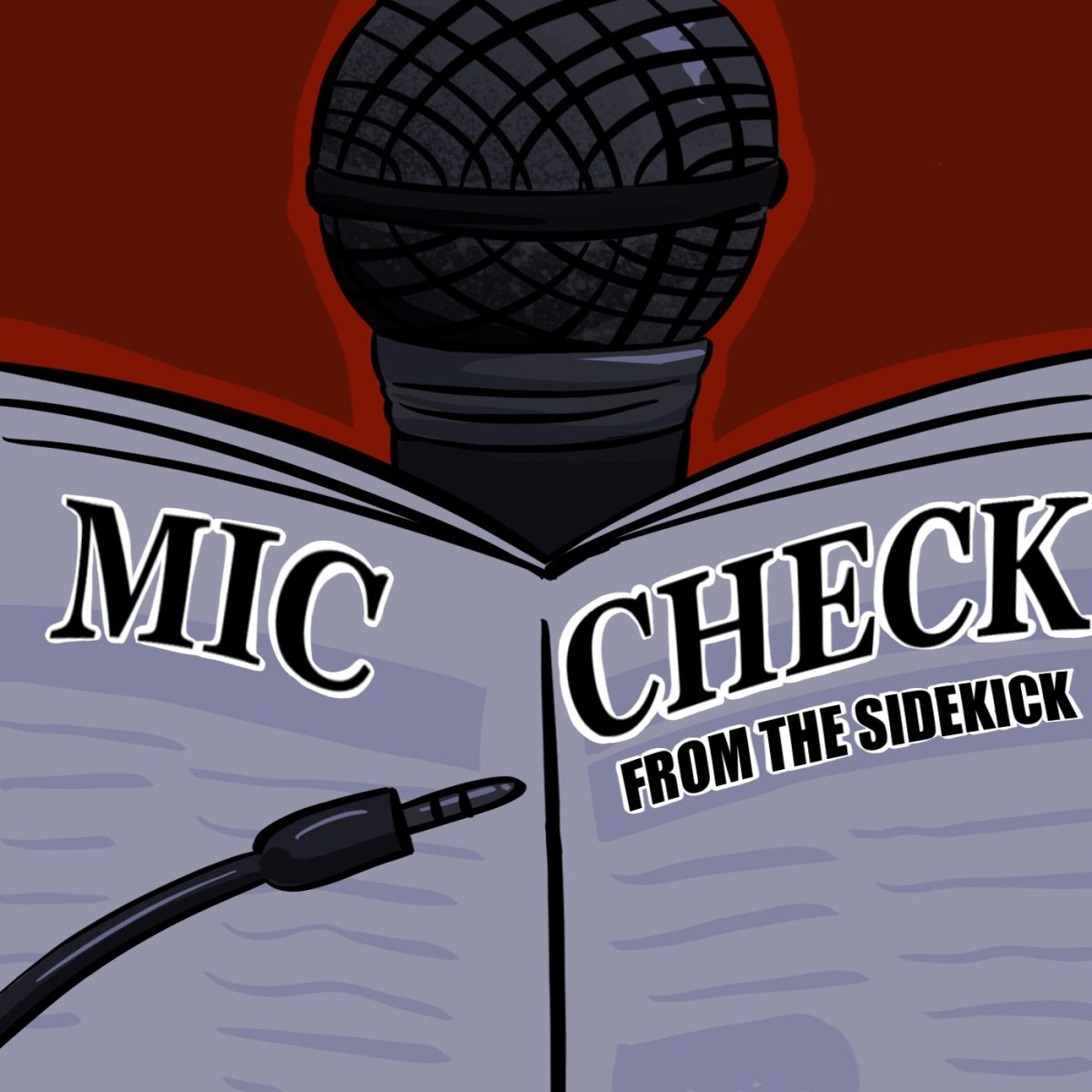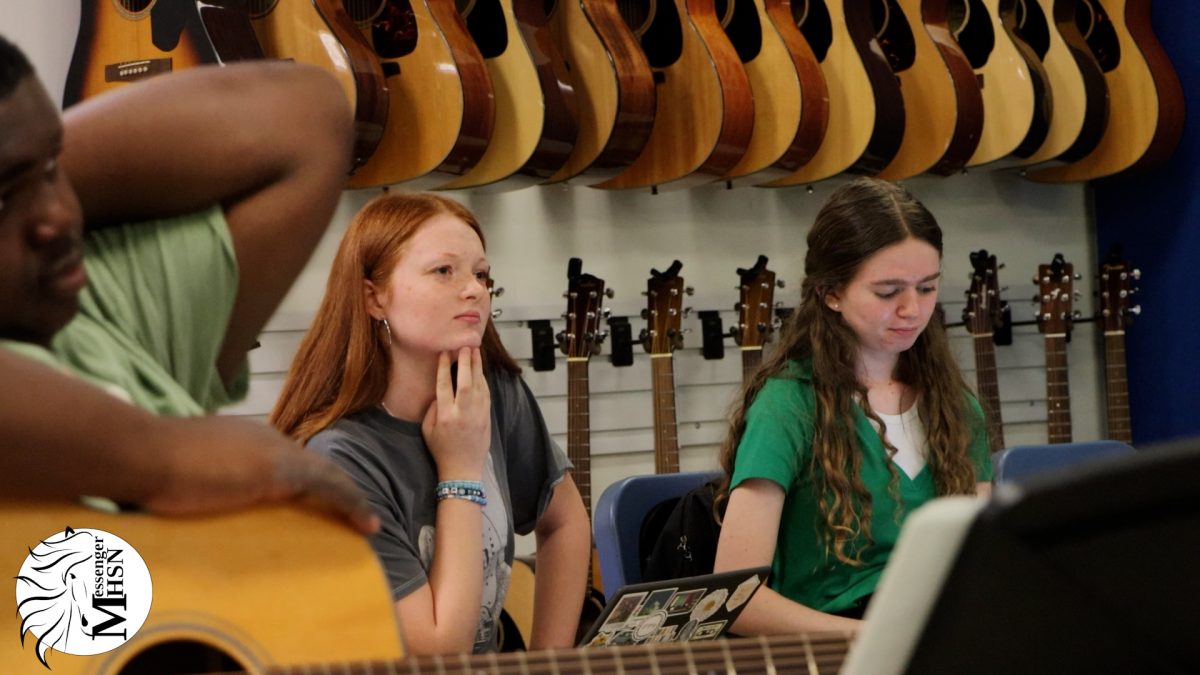The Trump administration put in place a high-stakes demand against Harvard University, requiring a payout of “nothing less than $500 million with no negotiations” to restore its federal funding at the Cabinet meeting on Tuesday, Aug. 26, according to CNN Politics. Due to allegations that Harvard has failed to address antisemitism on campus, the university is now experiencing funding freezes that have restricted nearly $450 million in grants.
This was the first of many budget cuts to various universities, including Columbia, Brown, the University of Pennsylvania and Cornell. Allegedly, these funding cuts are a consequence for universities accused of tolerating antisemitism in both their admissions process and campuses. As a result, these prestigious universities are now suffering losses that impact their curriculum, future students and staff.
Ultimately, these funding cuts are impacting colleges and universities nationwide, extending beyond mere private and research universities. Public universities, including those in the University of California system such as UCLA and UC San Diego, report large funding cuts that could potentially harm research opportunities.
According to Best Colleges, with increased enrollment at many UCs and other universities across the U.S., federal funding cuts may result in reduced access to resources and the loss of multiple programs that do not reach the minimum enrollment requirements.
Senior Chris Kunnathu, who is planning on applying as a predominantly economics or business major, believes that the funding cuts will most likely impact those from lower-income backgrounds, limiting their career choices. Since these course changes and decrease of student resources, as well as increased tuition and decreased financial aid are big factors for many students in choosing colleges, he believes that this may also result in big shifts in the schools that students apply to.
Moreover, senior Rajvansh Gupta believes that the funding cuts may impact international students far more significantly. He worries that a changing attitude towards international students serves not only as a deterrent, but also a barrier against those wanting to study in the U.S.
“Universities are almost like the powerhouses of the United States because we have so many international and domestic applicants. These graduates are what make up our jobs — they are what essentially have allowed the United States to take its role as a leading country within the world,” Gupta said. “Now, I think that if these stellar educational opportunities are discouraged by the nation itself, it is only detrimental to the United States’ rule and powers.”
Meanwhile, senior Zoe Yu says that the federal funding cuts will not be the make-or-break factor of whether or not a student goes to a university or college. Yu believes that the funding cuts may limit some students’ decisions in attending certain schools, depending on their financial ability and desired resources, since if they already planned out what they want to pursue in college, a reduction in those opportunities might raise concerns.
“For now, it hasn’t really affected my plans yet, since I want to go into the medical field, and going to a private university would probably give me more opportunities and a higher chance to go into a career that I wanted in the future,” Yu said. “Knowing that I will go into opportunities like research in college, though, it’s possible that the tuition increases would make private universities less considerable, since my parents and I would probably want to look at the tuition first to see if it’s affordable, especially if my goal is to go to medical school after university.”
Kunnathu echoes Yu’s sentiment, believing that reactions will range between different students and families. He also says that because the funding cuts will impact opportunities in each college in addition to tuition and financial aid decisions, students may have to consider additional factors during the college application process.
“It’s probably going to limit options for students who have financial difficulties, especially because if they can’t get a scholarship, the fees are going to increase a lot, even for room and board, and especially for private and out-of-state colleges,” Kunnathu said. “Colleges are getting less funding from the government, both in-state and out-of-state, so the fees are going to go up for them and most likely limit their college decision choices.”
For that reason, Kunnathu believes moving forward, counselors must support students in need of financial aid by ensuring they are aware of the scholarship opportunities, especially if they are planning to attend expensive out-of-state private universities. Assistant Superintendent Paula Robinson echoes the sentiment, emphasizing the importance of scholarships now more than ever.
“I do anticipate people pursuing more scholarships as well,” Robinson said. “I know I’ve worked in this area for a long time, and I do find that that is often an under-accessed resource, and so I foresee that perhaps that’s going to be something that we start to look at more closely.”
Additionally, Yu and Gupta believe counselors should be informing students about current events, despite the uncertain nature of how admissions will be impacted. They say students should be aware of potential changes to this admission cycle.
“We are heading into uncharted waters, and when you do that, making solid decisions on the basis of changing facts is very difficult,” Gupta said. “I would say school counselors should just present the facts and acknowledge the uncertainty while giving confidence to the students and letting them know that better times await ahead.”
This story was originally published on El Estoque on August 31, 2025.




